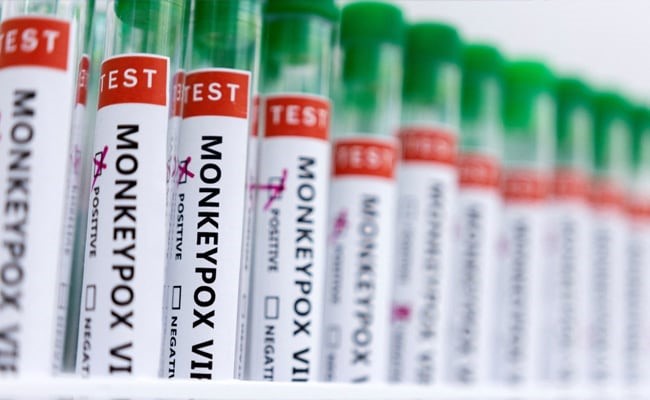| Translate This News In |
|---|
The World Health Organization’s expert monkeypox committee will gather on Thursday to evaluate whether the outbreak now qualifies as a global health emergency, the highest level of alert.
A second meeting of the WHO’s emergency committee on the virus will be conducted to assess the evidence on the increasing situation, with approximately 14,000 cases recorded from more than 70 countries.
Since early May, there has been an increase in monkeypox cases outside of the West and Central African countries where the illness has long been endemic.
On June 23, the WHO organised an emergency committee of specialists to determine if monkeypox is a Public Health Emergency of International Concern (PHEIC), the highest level of alert issued by the UN health organisation.
However, a majority of experts told WHO Director-General Tedros Adhanom Ghebreyesus that the situation had not yet surpassed the threshold.
With case numbers increasing and spreading to six more nations in the last week, a second meeting will be conducted.
If the committee notifies Tedros that the epidemic is a PHEIC, it will provide interim suggestions on how to effectively prevent and control disease spread while also managing the global public health response.
However, there is no set date for when the results will be made public.
Battle of information
According to Rosamund Lewis, the WHO’s technical head for monkeypox, 98% of reported cases “are among males who have sex with men (MSM) — and primarily those who had several recent anonymous or new partners.”
According to the WHO, they are mostly young and live in cities.
The group will examine the most recent trends and data, as well as the efficacy of countermeasures, before making suggestions on what governments and communities should do to combat the outbreak.
Regardless of the committee’s PHEIC decision, Tedros stated at the press conference that the “WHO will continue to do everything we can to support nations in stopping transmission and saving lives.”
He stated that the WHO was validating, acquiring, and distributing tests to various countries, but that one of the most important tools in the fight against monkeypox was knowledge.
WHO emergency director Michael Ryan stated that the LGBTQ community was one of the most involved and responsible, having worked tirelessly for decades to combat HIV, and that “we have complete faith that this community can, will, and is working very closely.”
Monkeypox is a viral virus similar to smallpox that was first found in people in 1970. It is less serious and contagious than smallpox, which was eradicated in 1980.
‘Frightening and draining.’
According to the European Centre for Disease Prevention and Control, 7,896 confirmed cases had been recorded from 27 European Economic Area nations as of Monday.
Spain (2,835), Germany (1,924), France (912), the Netherlands (656) and Portugal were the worst hit (515).
Bavarian Nordic, a Danish business, is the only one producing a licenced vaccine against monkeypox, and vaccines are now in short supply.
By Sunday, New York, the epicentre of the US outbreak with over 460 cases, had either administered or planned 21,500 shots, with huge lines of men aged 20 to 40 waiting in line.
Loyce Pace, the US assistant secretary of state for global public affairs, said it was “extremely difficult” for the globe to deal with monkeypox on top of Covid-19 and other health concerns.
“I know it can be daunting… and, frankly, tiresome,” clinton told reporters at the US embassy in Geneva.
“We know a lot more about this disease, we’ve previously been able to stop epidemics, and, most importantly, we have medicinal counter-measures and other tools available,” says the author.


















